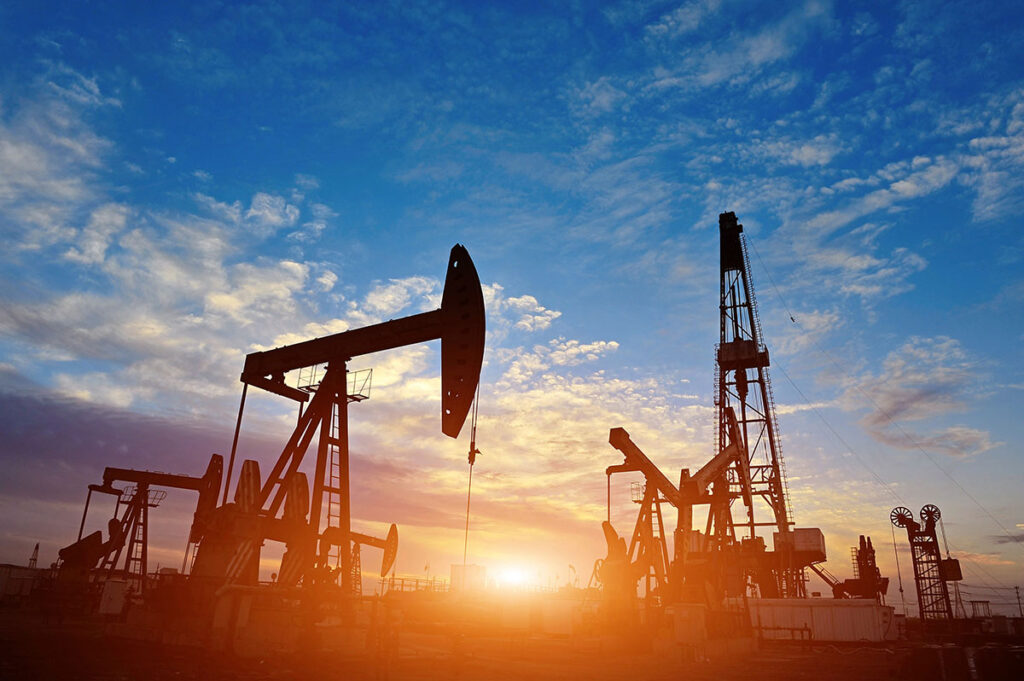
Nigerian lawmakers have established a committee to investigate a complex issue plaguing the country’s fuel sector: shortages of crude oil for domestic refineries and the alleged import of low-quality fuels. This move comes amidst a public dispute between Africa’s richest man, Aliko Dangote, and Nigeria’s downstream oil regulator.
The committee, formed by Nigeria’s lower house of parliament, will focus on several key areas. These include investigating claims of dirty fuel imports, the performance of regulatory bodies, the limited access of refineries like Dangote’s to domestic crude oil, and the growing problem of fuel queues.
“Our investigation will be phased,” explained Ikenga Ugochinyere, co-chair of the committee. “We’ll begin by examining the allegations of substandard fuel production and import, as well as the lack of crude oil available to our domestic refineries.”
The committee’s findings will be presented to parliament, which will then make recommendations to the president. However, the committee itself lacks the power to take direct action.
At the heart of the controversy lies the $20 billion Dangote Oil Refinery, built near Lagos. Operational since January 2024, the refinery has struggled to secure sufficient crude oil supplies. Vandalism, sabotage, and low investment in Nigeria’s oil fields have hampered production.
Dangote has accused oil majors of blocking access to domestic crude and the regulator of favoring imported high-sulfur fuels, harming his refinery’s business. The regulator, however, claims the Dangote Refinery is incomplete and its fuel quality falls short of required standards.
The situation escalated when Dangote challenged the quality of imported fuels. Tests revealed that Dangote’s diesel had a sulphur content well below the legal limit, while competitor samples far exceeded it. In response, Dangote cancelled a planned steel production investment in Nigeria, citing concerns about a perceived attempt to limit competition.
The investigative committee plans to conduct a thorough audit of the entire fuel sector. They urge all parties involved to ease tensions while the investigation progresses.




